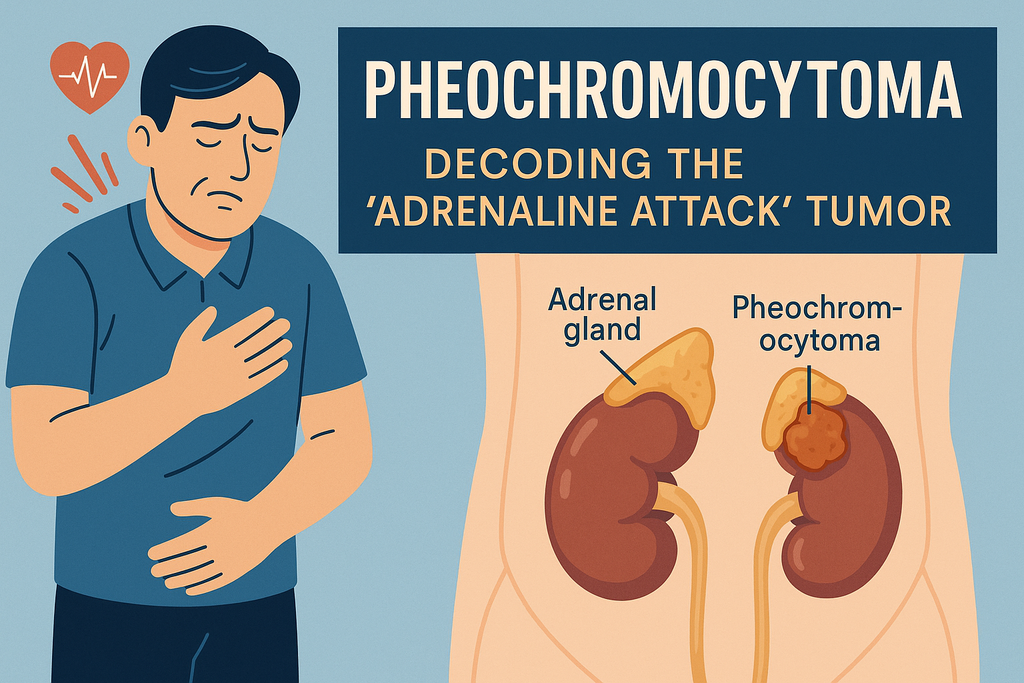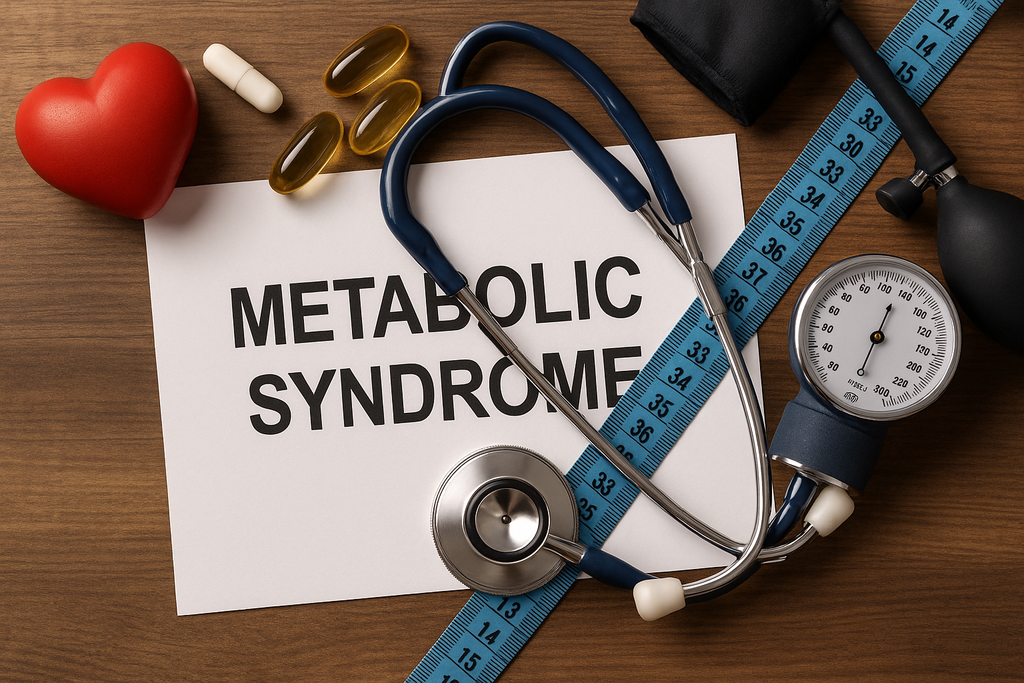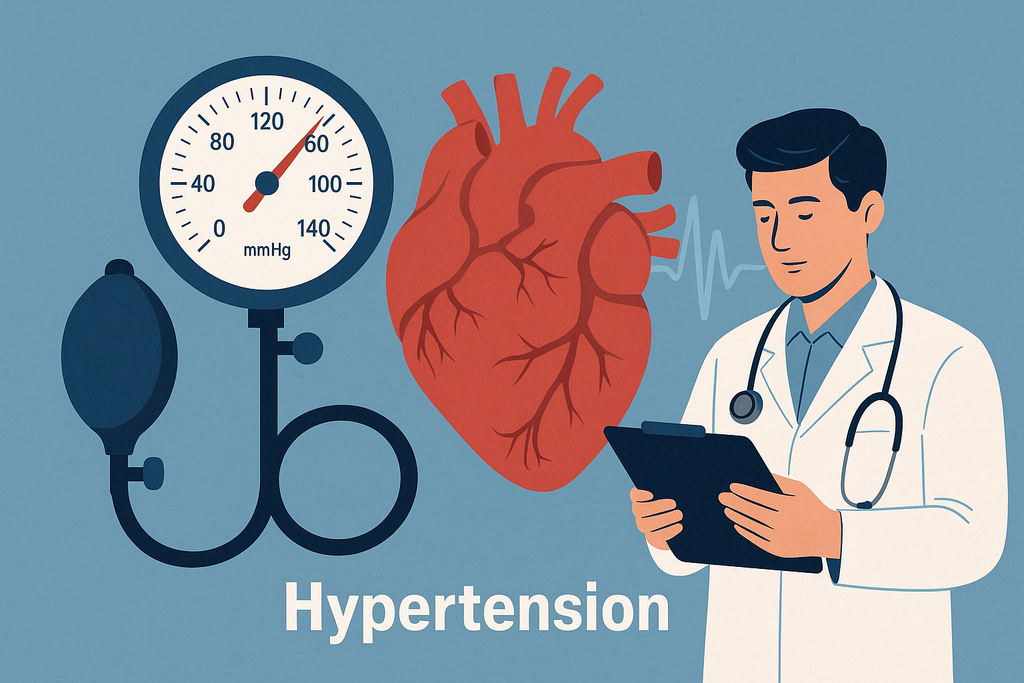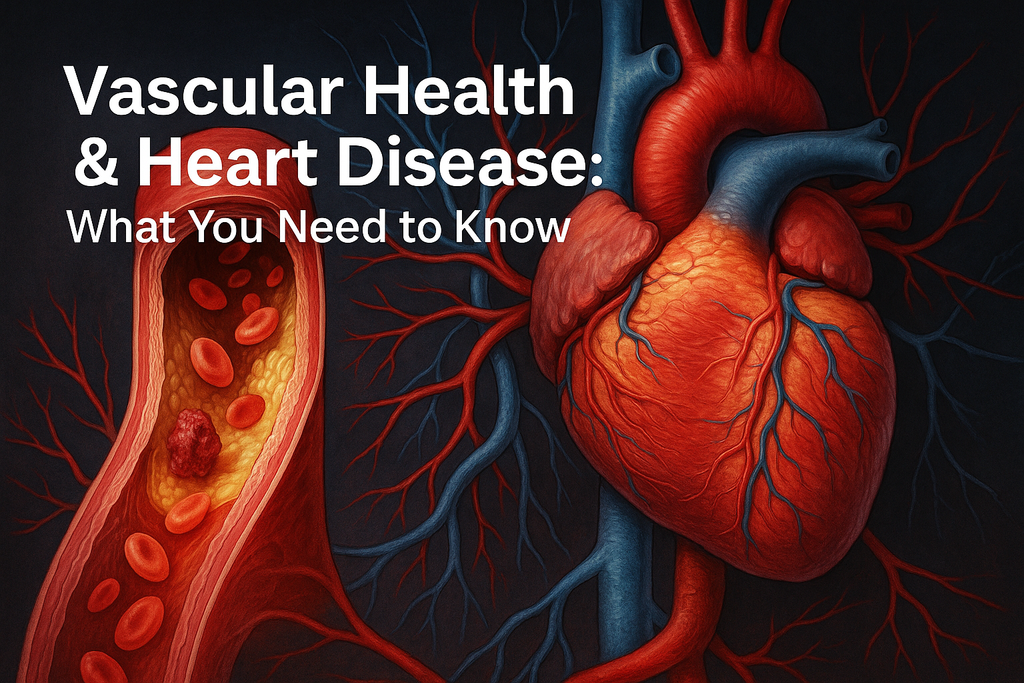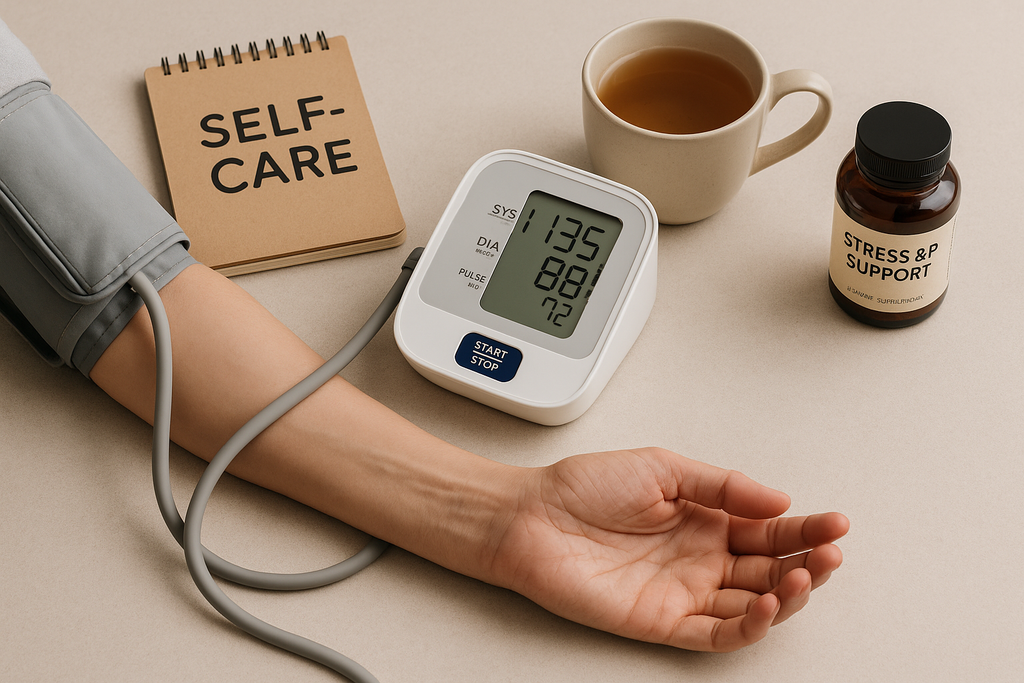News — high blood pressure
Pheochromocytoma: Decoding the “Adrenaline Attack” Tumor
adrenal cancer adrenal crisis adrenal gland tumor adrenal hormones adrenal surgery adrenal tumor symptoms adrenaline spikes adrenaline tumor catecholamine excess endocrine system genetic tumors high blood pressure hypertension causes medical imaging metanephrines pheochromocytoma pheochromocytoma diagnosis pheochromocytoma treatment rare diseases rare endocrine tumor
Imagine experiencing sudden surges of intense anxiety, a racing heart, pounding headaches, and severe sweating—often without any obvious trigger. These terrifying episodes may seem like panic attacks, but for some, the true culprit is far more rare and dangerous: a tumor known as pheochromocytoma.
Often dubbed the "adrenaline attack" tumor, pheochromocytoma arises from the adrenal glands and causes an overproduction of hormones like adrenaline and noradrenaline. These chemical messengers are crucial for our fight-or-flight response, but when their release becomes uncontrolled, they wreak havoc on the body. Understanding this condition is vital—not just for early diagnosis, but for preventing potentially life-threatening complications. Let’s decode this adrenal menace, from its symptoms and causes to diagnostic steps and treatment options.
Metabolic Syndrome Criteria: The 5 Risk Factors You Need to Know
abdominal obesity blood sugar cardiovascular health diabetes prevention elevated glucose HDL cholesterol heart disease high blood pressure high triglycerides insulin resistance low HDL metabolic health metabolic syndrome metabolic syndrome diagnosis prediabetes risk factors supplements for metabolic syndrome triglyceride levels weight loss
Modern lifestyles have given rise to a cluster of health conditions that are increasingly threatening global health. One of the most insidious among them is metabolic syndrome — a silent but dangerous constellation of risk factors that significantly ups your odds for heart disease, type 2 diabetes, and stroke. It isn’t a disease in itself, but rather a group of conditions that, when occurring together, set the stage for long-term chronic illness.
Understanding the criteria that define metabolic syndrome is the first step in addressing it effectively. If you’ve ever wondered what the specific risk factors are and how they impact your well-being, this guide will break it all down for you. We're going to examine the five hallmark risk factors that clinicians use to diagnose metabolic syndrome and why each of them matters more than you might think.
Understanding Hypertension: Symptoms, Causes, and Prevention
blood pressure monitor blood pressure readings blood pressure symptoms cardiovascular risk cardiovascular support CoQ10 DASH diet healthy arteries heart health high blood pressure hypertension lifestyle changes for heart magnesium manage hypertension natural blood pressure remedies potassium prevent stroke
Often called the “silent killer,” hypertension—or high blood pressure—is one of the most common and dangerous health conditions in the world. It creeps in quietly, often with no noticeable symptoms, but over time it can damage your heart, brain, kidneys, and blood vessels, leading to serious complications like stroke, heart attack, and chronic kidney disease.
But here’s the good news: hypertension is highly preventable and manageable. With the right knowledge and proactive habits, you can take control of your blood pressure before it takes control of you. This comprehensive guide breaks down what hypertension really is, what causes it, how to recognize it early, and what you can do to keep your heart and arteries strong for life.
The Link Between Vascular Health and Heart Disease: What You Need to Know
artery health atherosclerosis blood vessels cardiovascular system cholesterol circulation CoQ10 endothelial function healthy arteries heart attack prevention heart disease heart support high blood pressure inflammation magnesium nitric oxide omega-3 vascular health vascular supplements vein health
Heart disease doesn't happen overnight. It’s the result of a slow and often silent process that begins in your blood vessels. Vascular health—the condition of your arteries, veins, and capillaries—is the foundation upon which your cardiovascular system operates. When your vessels are clear, elastic, and strong, blood flows freely, delivering oxygen and nutrients where they’re needed most. But when vascular health declines, the heart must work harder, and the risk of heart disease climbs.
Understanding how your vascular system influences heart function is essential to preventing cardiovascular complications. This article unpacks the critical connection between blood vessels and heart disease and offers actionable insights on how to strengthen your vascular system for lifelong cardiovascular wellness.
The Impact of Stress on Blood Pressure and How to Control It
adrenal health blood pressure diet blood pressure symptoms breathing exercises calm heart chronic stress cortisol heart health high blood pressure home blood pressure monitoring hypertension management LongLifeNutri Stress & BP Support manage stress natural remedies for BP natural ways to reduce blood pressure stress and blood pressure stress relief stress relief techniques stress supplements stress-induced hypertension
Stress is a part of life—but when it becomes chronic, it can quietly wreak havoc on your health. One of the most significant yet overlooked consequences of stress is its impact on blood pressure. While a temporary rise in blood pressure during a stressful moment is normal, constant exposure to emotional or physical stressors can lead to long-term elevation, increasing the risk of heart disease, stroke, and kidney problems.
Understanding the connection between stress and blood pressure is crucial for managing both effectively. From hormonal responses to lifestyle habits, stress influences your cardiovascular system in more ways than one. In this article, we’ll explore how stress affects blood pressure, the signs you should watch for, and evidence-based strategies—both lifestyle and natural—that can help bring your numbers back into a healthy range.

